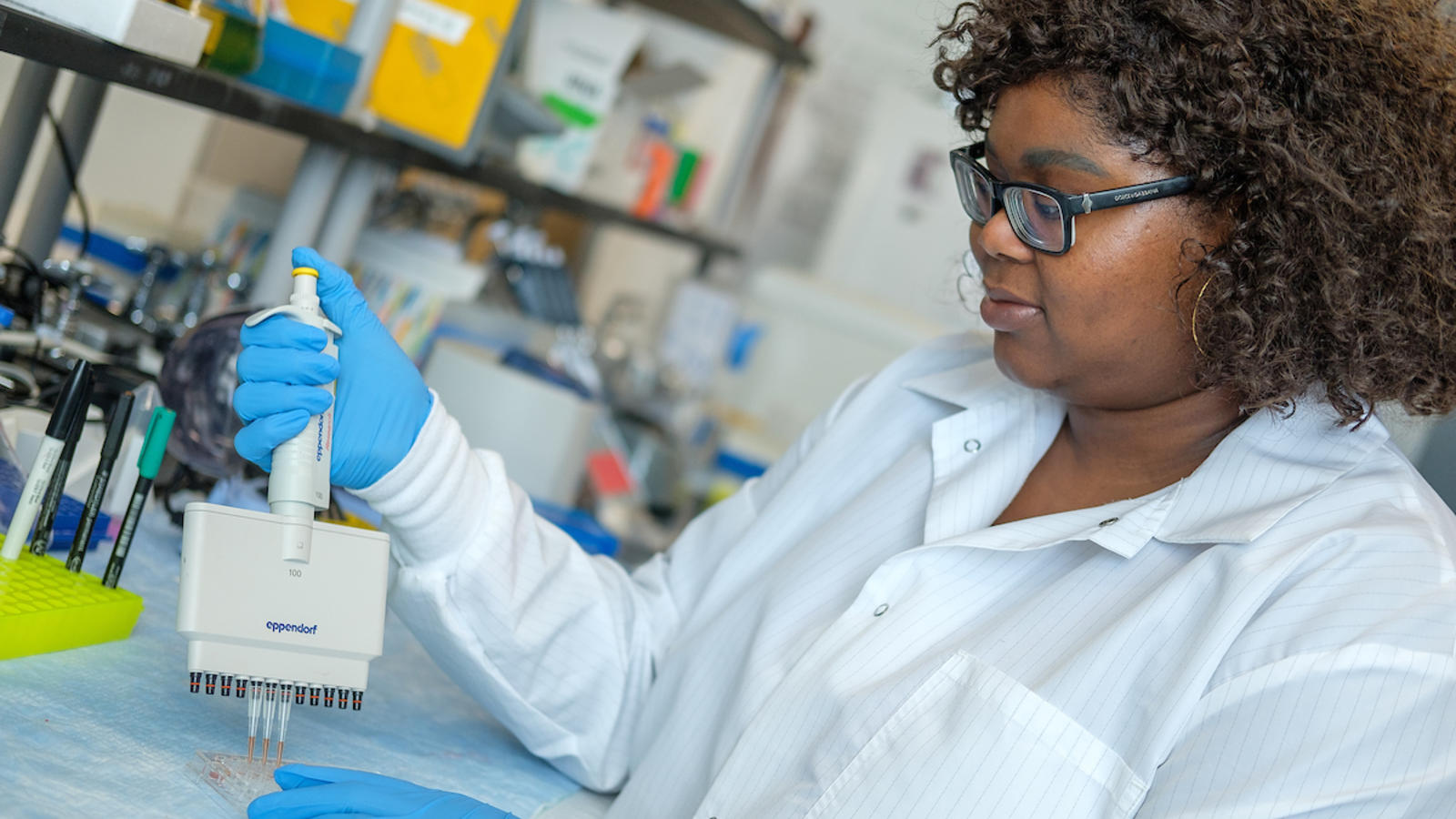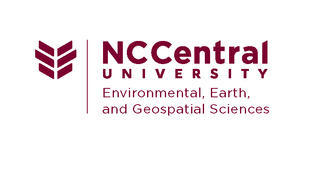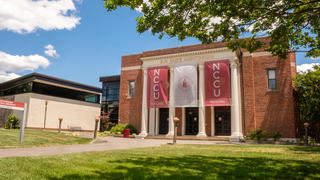North Carolina Central University (NCCU) received a $1 million Excellence in Research grant from the National Science Foundation (NSF) to investigate the behavior of free-radical molecules, which play a role in human inflammatory diseases.
The NSF grant was awarded to principal investigator John Bang, M.D., Ph.D., director of the Environmental Health program in the Department of Environmental, Earth and Geospatial Sciences.
“Studies about free-radical mechanics eventually will be able to give insight about how we should approach treating inflammation induced illness and diseases, such as Alzheimer’s or Parkinson’s diseases,” Bang said.
Bang will be working with co-investigators Darlene Taylor, Ph.D., an NCCU chemistry professor, and researchers from two other institutions to examine the interactions between free radicals and nanomaterials.
Free-radical molecules in the human body are known for their potentially erratic behavior and disruptive effects on cellular structures, reproduction and other vital functions of various organs and tissues. Yet, they also have a positive impact by helping the immune system battle microbial infections and abnormal cell behavior.
“The National Science Foundation has made a significant investment in our university’s research efforts, which are being expanded to complement the excellent teaching environment that the university has long been known for,” said Provost Felicia Nave, Ph.D. “In collaboration with other higher education institutions, this project will bring together experts in nano-science research and related fields, creating a new synergy for discovery.”
The NSF-funded research will help provide a better understanding of free-radical reactions involving engineered nanomaterials, specifically carbon nanodots, Bang said.
“We hope to improve fundamental understanding of the mechanistic connection between the physicochemical characteristics of the nanoscale materials and their potential as antioxidants for different types of oxidizing materials,” he explained.
Free-radicals are created by unpaired electrons and often induce additional reactions with cells and create inflammation that can alter or damage cell DNA, proteins and the cell membranes, among others, Bang said.
Nanomaterials with antioxidant potential have certain advantages in minimizing the negative impacts of free radicals because their size provides an increased surface area for quicker reaction times and greater effects than larger molecules of a similar mass.
Other scientists working on the project include Bijoy Dey, Ph.D., a computer engineering professor at Claflin University in Orangeburg, SC, and Jianjun Wei, Ph.D., from the Joint School of Nanoscience and Nanoengineering with North Carolina A&T State University and the University of North Carolina at Greensboro in Greensboro, North Carolina.



